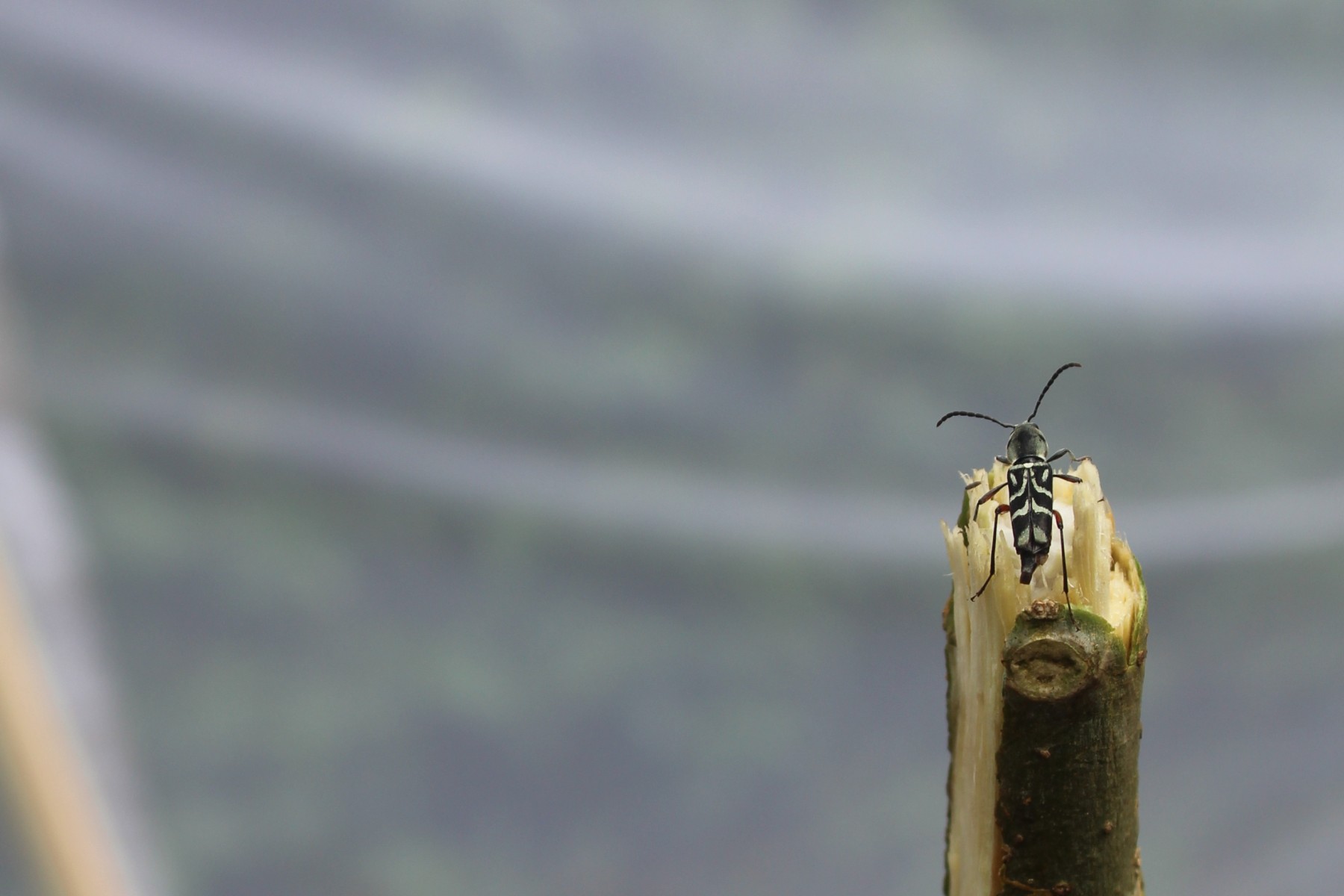Creating the Modern Naturalist
We are at a cross-roads in modern science. The past century has given us tremendous capabilities to probe the mechanisms underlying biological processes, but we must now understand these processes in the context of the natural world. Today we are developing more and more tools to probe the genetic, molecular, and cellular basis of behavior. Still, we often use these tools to observe a phenomenon in the lab and strive to find its meaning in nature without understanding the natural behavior, or even if the phenomenon occurs in nature. NICE strives to inspire a new type of scientist who fuses a Naturalist’s heart with a technician’s insight.
Chemical Ecology is the ideal forum to create this modern naturalist. Chemical ecology is ubiquitous and examines the role of chemical interactions between living organisms and their environment. It is thus a vast and highly interdisciplinary field, incorporating everything from proteomics to molecular biology to neuroscience. The study of chemical ecology offers both powerful insight into biological processes, as well as ecologically-based applications for agriculture, manufacturing, and medical industries. Chemical cues can be used to protect crops from pests, identify novel pharmaceuticals, or prevent the spread of disease vectors, among many others. As such, it is an incredibly important field of study for both basic and applied sciences.
Creating the modern naturalist requires both field-based insight and technological expertise. As such, NICE involves highly interdisciplinary research. NICE offers a multidisciplinary approach spanning chemistry, neuroethology, evolutionary biology, animal behavior, and engineering. We seek to follow a chemical interaction straight from its genetic basis to its ecological consequences, and every step in between.


I WOULD LIKE TO BE PART OF IT.
LikeLike